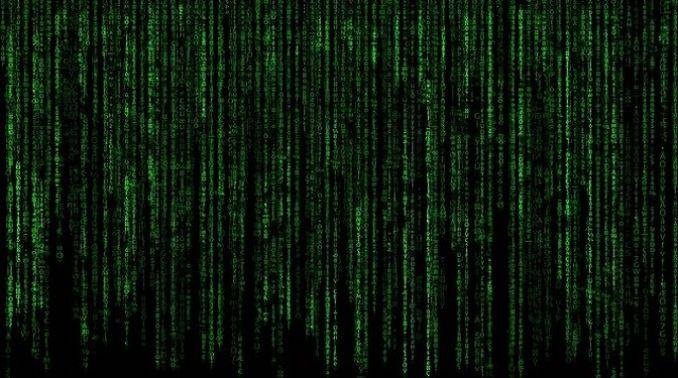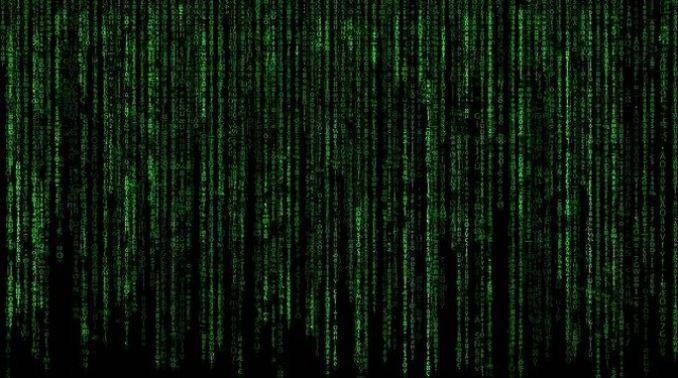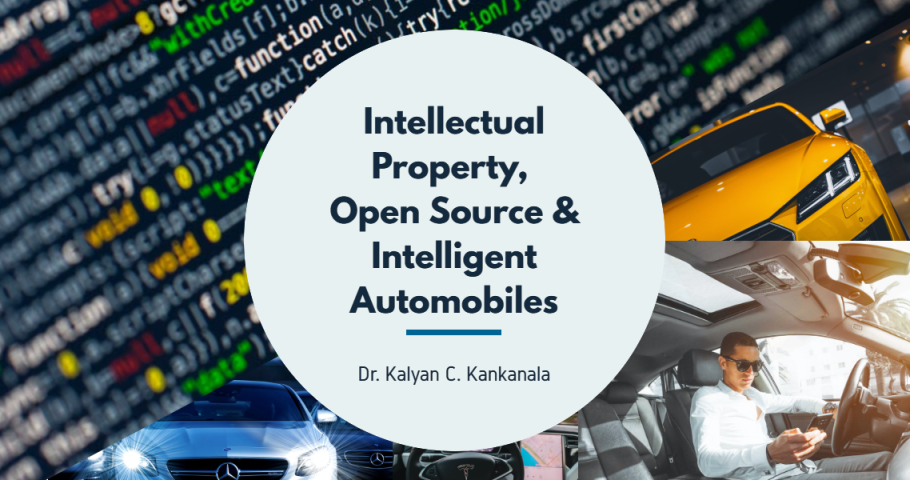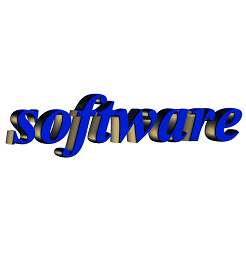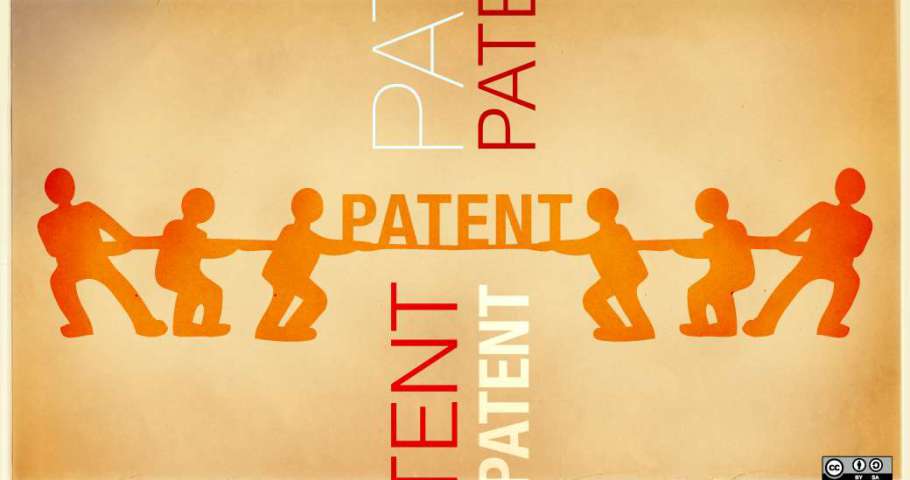This article analyzes India’s legal stance on the patentability of algorithmic processes under Section 3(k) of the Patents Act, 1970. Focusing on the Delhi High Court’s judgment in Blackberry Limited vs. Assistant Controller of Patents and Designs, the post explores key arguments, legal precedents, and implications for software patents in India. Continue Reading Blackberry blacks out in case relating to patentability of algorithmic processes




